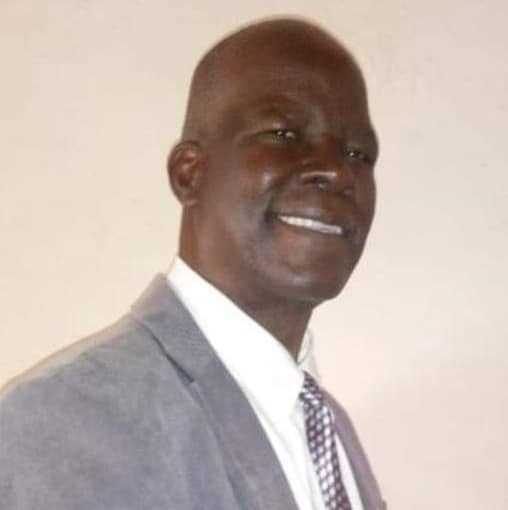
Edmore Zvinonzwa
At 65 years of age when they eventually retire from active employment, the majority of Zimbabweans usually go to “rest”, “enjoying” the pension from their decades of dedicated service.
Whether they will actually be enjoying or not might be a question for another day as it is common knowledge that payouts from the National Social Security Authority are hardly enough to sustain a modest life.
For Bishop Norman Musiiwa of Global Kingdom Power Ministries, however, life would not be pleasant with all the social ills that he sees around, so he decided to continue working, in an entirely different environment.
The Chitungwiza-based clerygyman has embarked on a journey to transform the youths, starting from those in the environs of Unit C Extension where his church is and in the process, society and the future.
However, he sees the social ills of drug and substance abuse as barriers to the smooth movement into this kind of society.
Said Bishop Musiiwa: “The church should exploit the power in its structures, our failure to do that has given us problems. Our children have grown wild.
“We were once young but there was a lot of instruction that we got, primarily from the family and secondly from the churches we went to. So, as a result today somebody might want to ask me how we view this what is the cause of drug abuse in children, I would say the institutions that are there, primarily the church, are to blame because all we do is that we are complaining.
The cleric says he is taking a different approach to what is happening today. He said although a lot is being done, at the same time, there is an approach where institutions in society should take an active role.
“The Church should establish free wifi centres that will attract young people. As they come, we then arrange programmes for them. The wifi centre on its own can attract young people, and they may not get as much idle time and will not find the time to do drugs and other harmful stuff. At the same time, we should give them direction as to how they should use the wifi.
“Once in a while, we can invite people of influence to come and teach on specific things such as business. You will agree with me that we no longer have play centres, so if we open our church institutions with wifi to the youth, this will remove them from drugs, it will remove them from alcohol. This is what we are trying to do with my partners. We are also approaching universities, especially looking at innovation hubs. So, we would want to establish links with such learners and start projects that will manufacture these things locally.
“The youth are the future of tomorrow, they are the leaders of tomorrow. What kind of tomorrow are we envisioning? When we were young, there were things that we would look forward to. Today, children, the bulk of them, have no direction. And, it is us who created this problem.
Bishop Musiiwa, who attended the Catholic-run Gokomere High School, believes that as things stand, Zmbabwe will continue going down if we do not focus on the youth. “I am talking about the legacy that I will leave, about future prosperity. Maybe the youths will rise one day and cause this transformation but the truth is nothing will happen if we do not hold these youths and push them away from vice.
Related Stories
“I have been to a few other African countries. But, without sounding political, Zimbabwe is the best country you can ever speak about. It is good in terms of collective character. The efforts that are driving Zimbabwe are unique. Yes, I agree that there are limited employment opportunities but it has to do with change of season. One cannot tell us that there are no opportunities while holding a smart phone because you can create money today from your phone and we would want to do away with the donor mentality we see around us every day.
“We are saying we can change our nation without any outside interference or intervention. How do we do it? We have partners across the country who if they can pay US$10 each, we can start on specific projects that can uplift our country, for instance this issue on the youths and innovation hubs so that we are self-reliant in the way we approach the transformation of our country,” said Bishop Musiiwa, who originates from Gutu, in Masvingo Province.
Bishop Musiiwa graduated in Philosophy from Chishawasha Seminary before going into teaching.
“My philosophic background inspired me all the way. The concept of leadership has been ever-present in my life. I went to two colleges where I was president of the Students Representative Council.
“There has always been an in-born desire to change the lives of young people. There is a learner that I pushed, telling him that he would make it and he has always come back to tell me that I was the one who influenced transformation in his life.
“The ‘you can do it’ phrase has transformed many. I do not want to see youngsters getting lost. The church building we are using today came from this learner who came back to look for me and built this church for us. He said: ‘Everything that I am today, I owe it to you.’
“Already this young man has transformed many lives through this church building.
Bishop Musiiwa said although they are focusing on Chitungwiza, Seke to be precise, they also have plans to roll out their programme to other centres in the country.
“I was called by God to be a preacher by we want a holistic approach that should not shut it in Seke. I see the potential of Zimbabwe rising to a level where in particular, the masses, will spearhead transformation of their communities so that we silence people who always ask ‘what is the government doing”. It is us who, if we become responsible citizens we can call
We would want to invite the authorities one day and show then what we are doing, we know the authorities will be proud of our work. But if we think one man can change a nation then we are very wrong,” he said.
Bishop Musiiwa said in ten years’ time, Zimbabwe will be very different, it will be the jewel of Africa.
“My appeal to ‘us’ that we be conscious that we possess power to change ourselves. When you release an idea on transformation people will wonder what you are talking about. We would want to tell Zimbabweans that they must have a change of mindset,” Bishop Musiiwa added.
“Africa has suffered 500 years of combined slavery and colonialism but we have also have had our heroes such Nelson Mandela but the masses have the ultimate power.”











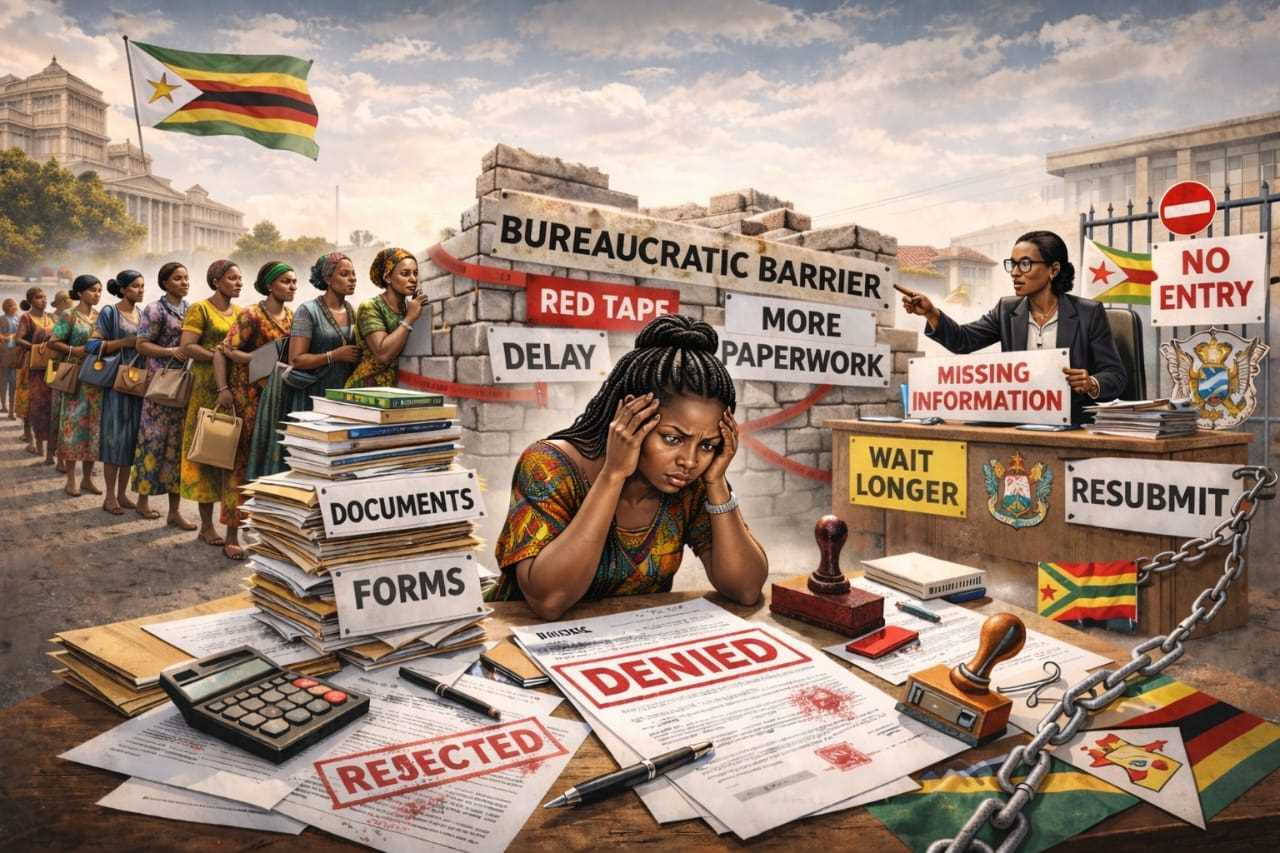


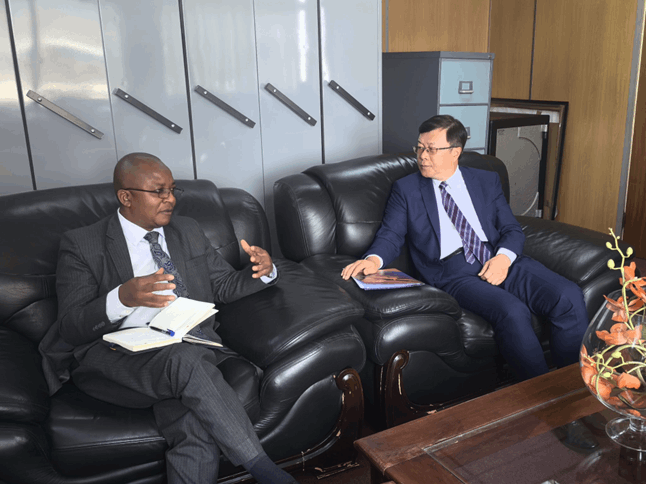
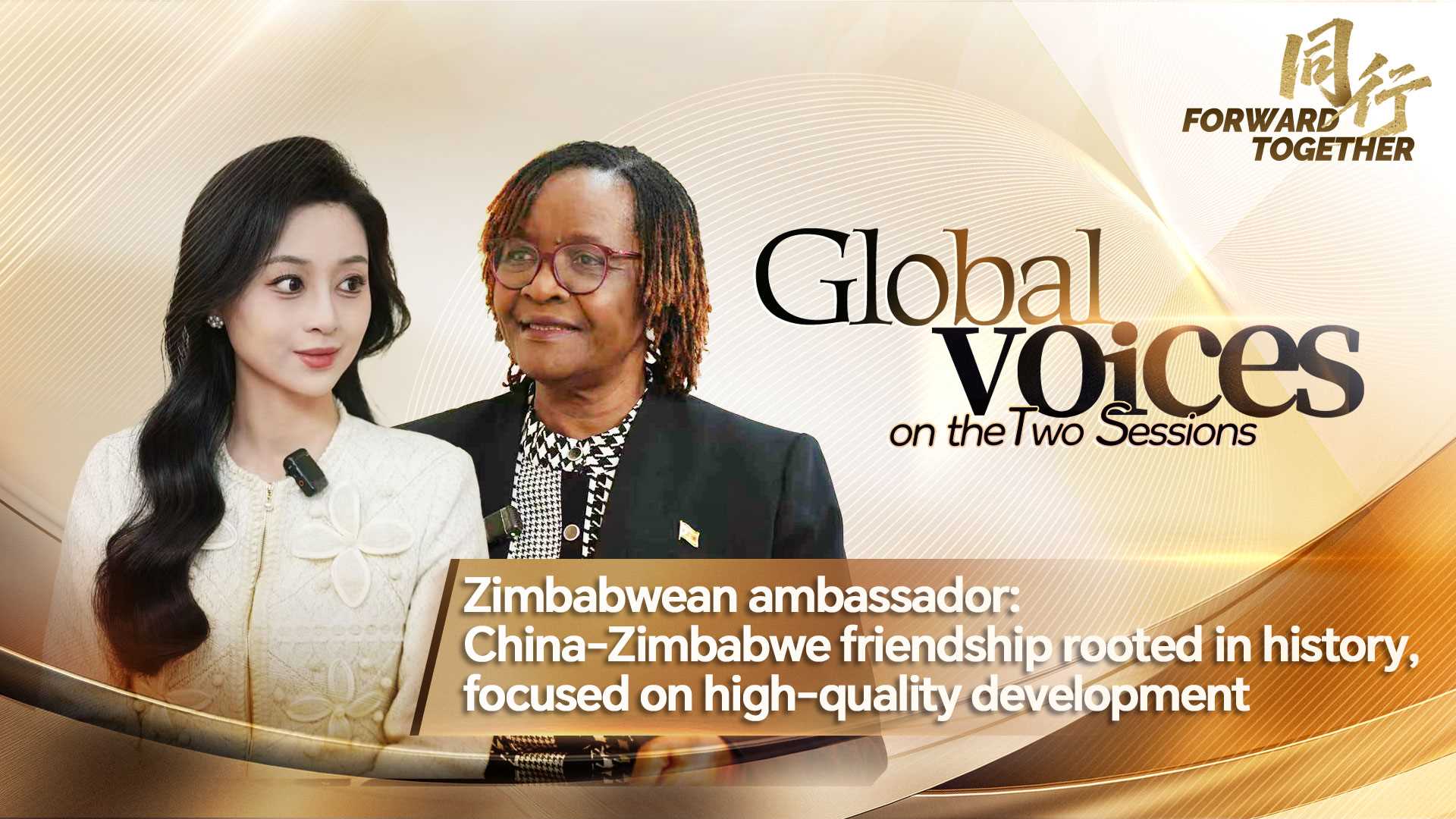
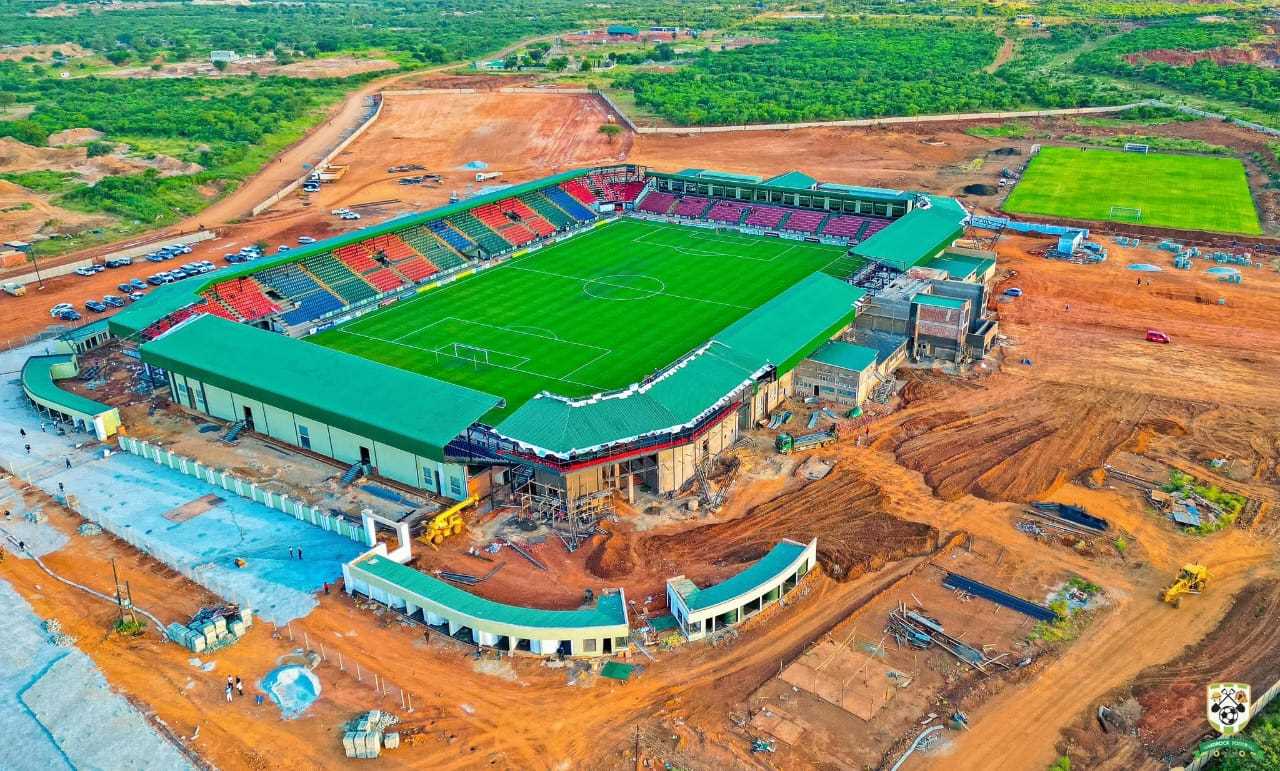
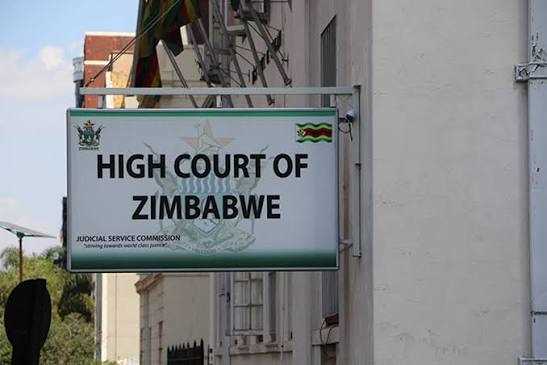


Leave Comments